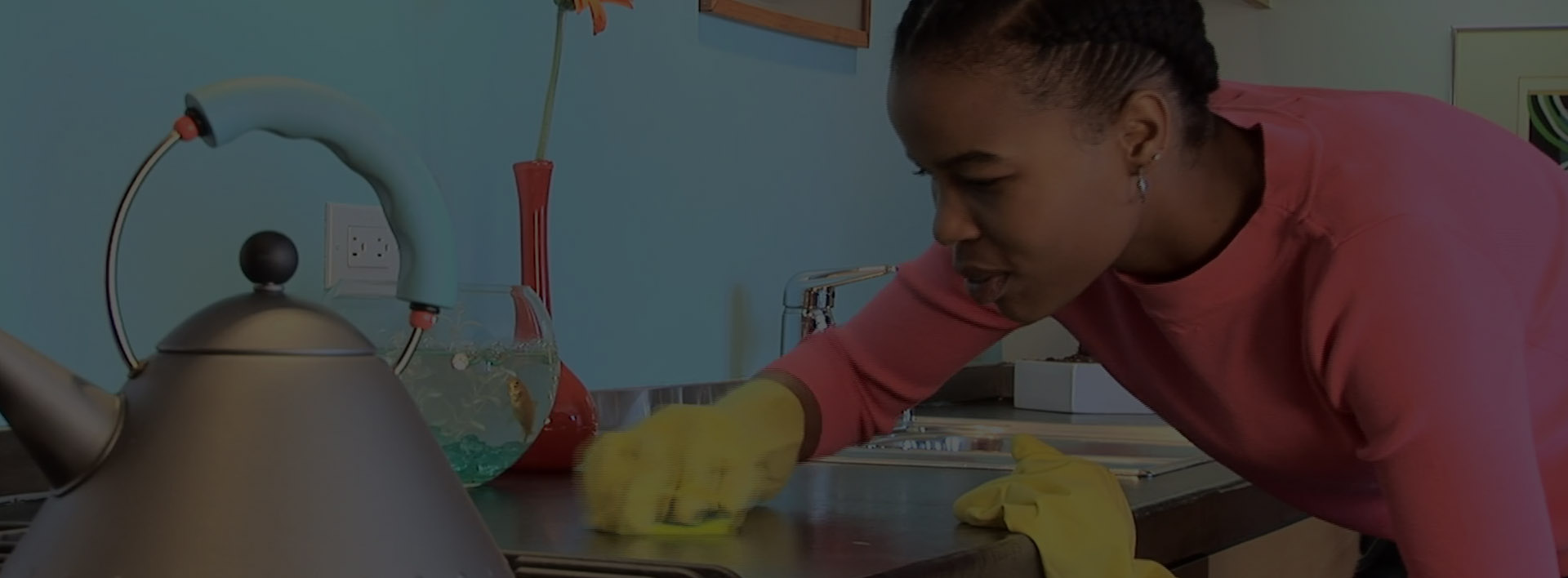
12 Mar HOW TO RESPOND TO CHILDREN WHO BITE
Biting is a typical behavior often seen in infants, toddlers and 2 year old. It is a normal part of childhood development. Young children have their reasons for biting from teething to seeing what reaction it will provoke. Biting is something to be discouraged and there are ways to stop your young ones from biting.
Why children bite
Children bite for various reasons which include:
• They are in pain because of teething which causes swollen gums and causes irritation to them.
• They want attention – older kids use this as one of the bad behaviors to look for attention when they feel they are being ignored.
• They are looking for a reaction – children are naturally curious hence want to experiment and see the type of reaction their actions will provoke not knowing how painful it is.
• Exploring their world – Children use their mouths to explore since just about everything an infant or toddler picks will wind up in their mouth.
• Imitate other children and adults.
• Act in self-defense.
• Controlling: Some children know biting is a way of getting other children – or their parents – to do what they want. They don’t always do this consciously. It may happen when a group of children are jostling to be leader. Sometimes the youngest child in the family bites to gain power.
How to stop biting
It is good to have some prevention ways that will keep your child from biting:
• If you baby is teething always have a cool teething ring or cloth on hand making it less likely to bite someone’s arm.
• Make sure to avoid situation where your child may become irritable. Observe feeding and nap times are observed to avoid the child getting cranky.
• Encourage your child to express themselves once they are older instead of biting. Giving your child a break from activities may ease frustration.
• Whenever you have time always give your child the attention they need to avoid them seeking attention by biting.
• Offer activities and materials that allow your child to relax and release tension.
• Praise them for good behaviour: Catch your child behaving well – not biting siblings, playing well in groups, not biting to get his or her way – and be generous with praise.
• Teach them it’s wrong: When your child bites, use simple but firm words. Try, “that’s biting, that’s wrong” or a firm “no”. If you’re in a group, remove them from the situation. Explain that it hurts others and why you don’t like them doing it.



No Comments